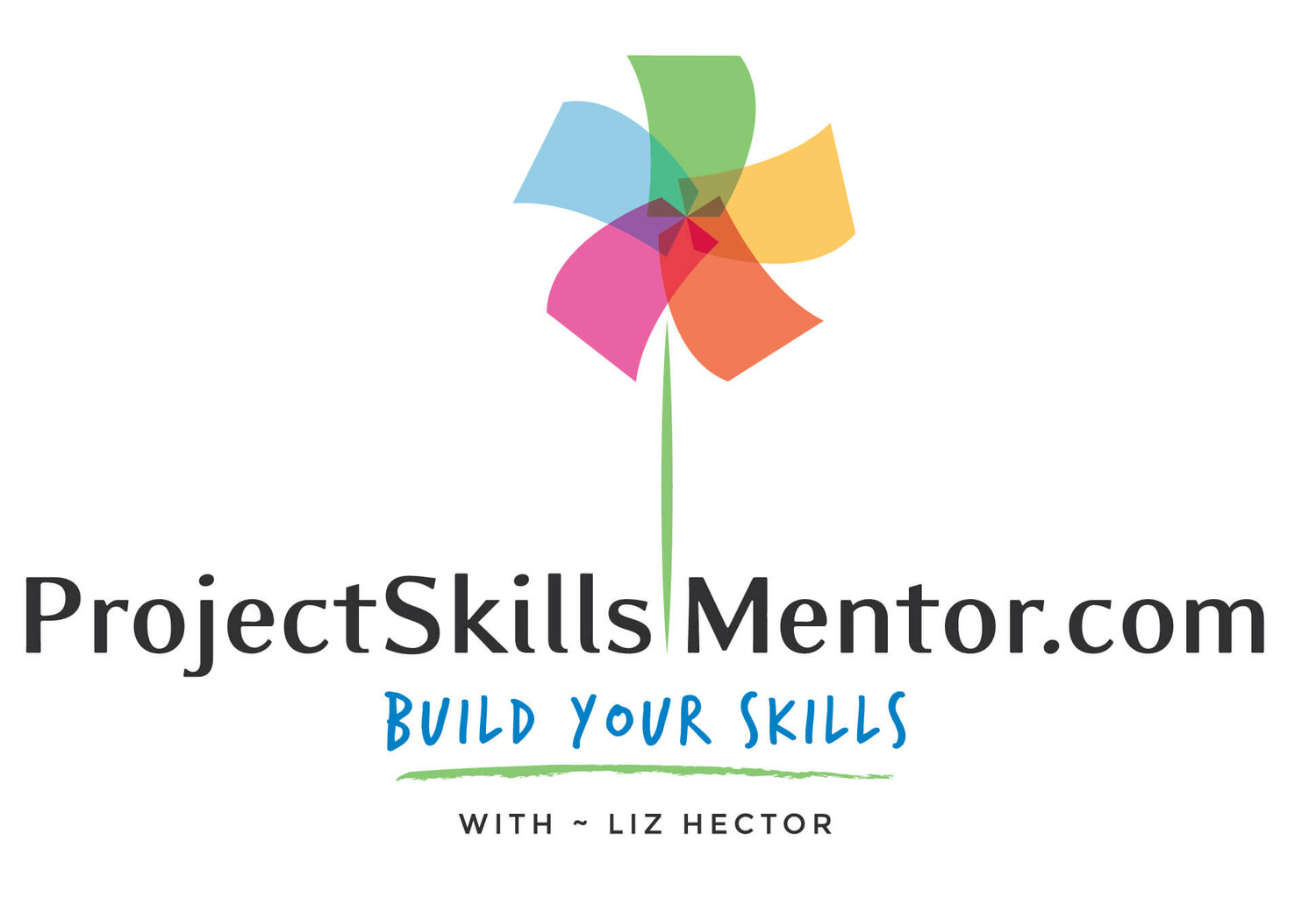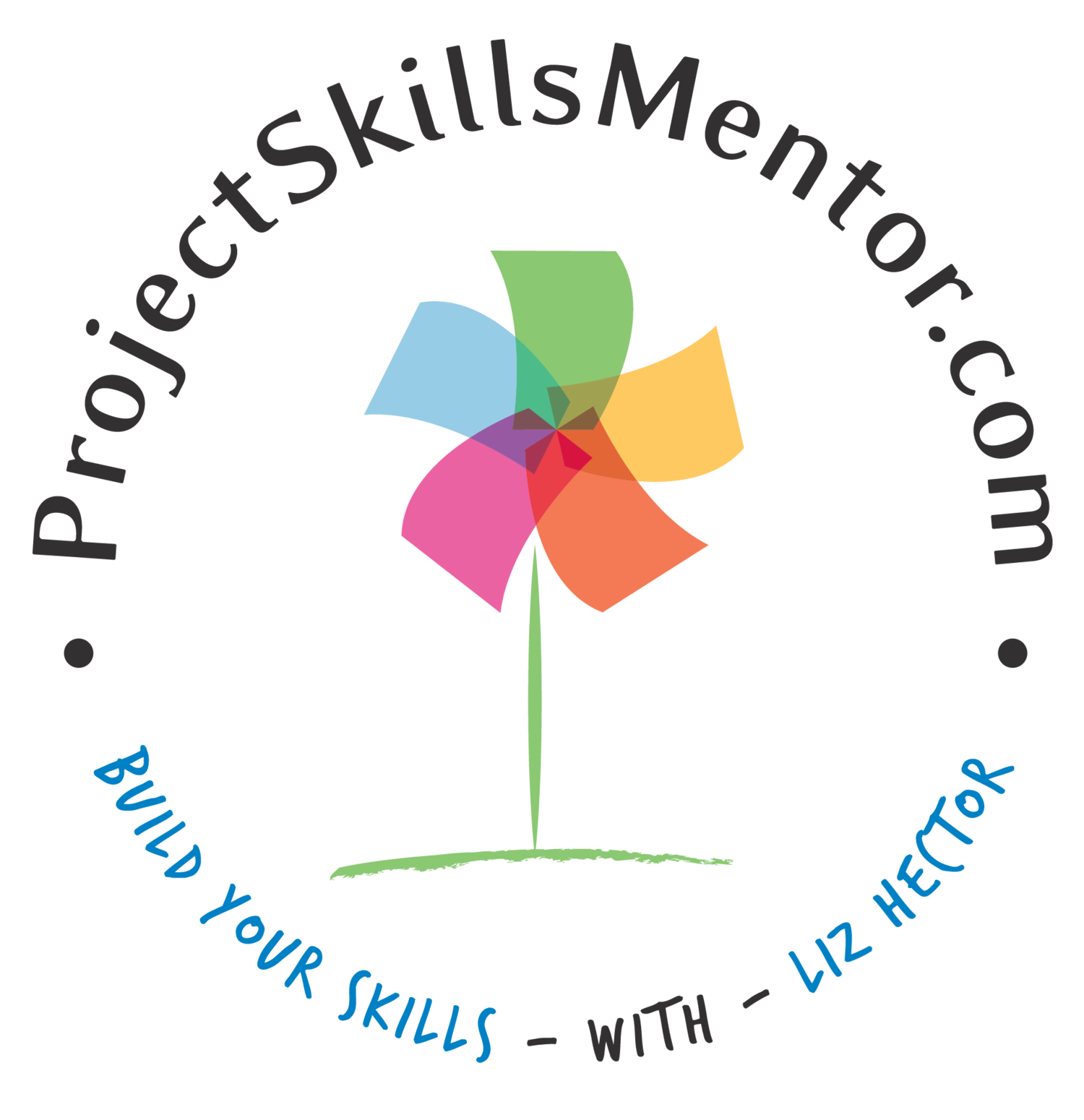How to Future Proof Your Career
3 Steps to standing out in a crowd
Assess your skills and skill gaps
Connect your capabilities to job market expectations
Transform yourself to stand out in the job market
Are you looking for a new opportunity? You may seek a new role, promotion, or career change. And if you are looking to get hired into the millions of new job openings in project management - if so, welcome.
Future Proof Your Skills
Assess What skills have you mastered? What skills and capabilities do you need to stand out from the crowd?
Connect How do your skills, capabilities, and certifications match to the job you want? What are your aspirations?
Transform: Aspire to be the person who you’d hire for the job. Leverage coaching and mentoring to help you plan how to get there. Make goals, grow your skills and land your dream job.
If you want to improve yourself, it's time to check your “T” Skills!
Why Skills Matter
Skills are your currency. Your capabilities, certifications, and knowledge are the cornerstone of our value in the workplace. This, combined with emotional intelligence and general life skills, is how you face the world. The combination of these things and your industry and technical specialization determine the job you can get and the salary you can ask for.
The Skills Assessment "T" Model
This model focuses on understanding the different skills needed for breath and depth. Highly skilled people have a mix of these to leverage in every situation. Let's take a look at some examples.
Breath
These are general skills needed to thrive at work (and in life).
Leadership - influence the actions of others formally or informally (with stakeholder, management, and your team)
Critical Thinking - problem-solving skills
Communication - Ability to share ideas and understand others
Time Management and Organized - able to self-manage
Flexibility and Adaptability - easy to work with
Resilience - can cope with challenges
Depth
Expertise
Technology - coding, UI, integration, security, infrastructure, risk management
Business - reporting, financial requirements, operations, marketplace, product, and sales
Processes - user journeys, UX, user groups, process flows, data mapping
Project Management - methodologies, solution oversight, business case realization
Industry
Banking - commercial or retail
Pharma - science or selling
Tech - applications or implementations
Oil and Gas - upstream or downstream
Capabilities Levels
For each skill, you will have a different level of mastery. Each of these skills may be on a spectrum of:
Novice, basic knowledge, can do with support.
Advanced, able to work independently and coach others
Subject Matter Expert, able to lead topics, groups, and design outcomes.
Know where your strengths are and where you want to improve. All of us have a specific combination of skills by area of expertise, industry, and capability levels.
The Right Skill Mix
It's not all or nothing; most of us have some basic skills in breadth and depth.
Want to improve your skills? Then learning is key. Find out what certifications and education can help your resume (CV) stand out. If you'd like to know more about the best certifications for project managers, you can watch this video.
When Skills don’t match the Job
When working as a Program Director, the client provided key staff, including project managers. Some of these managers lacked basic knowledge of the solution and product their project was producing. These light technical skills, coupled with basic project management knowledge, make them “check box” managers. Since these project managers didn’t understand the results they were looking for or the team creating the outcome, they were not able to project manage. Instead, they had the project plan prepared by the Project Management Office and walked around asking team members about the status of their work. This was both disruptive and annoying to the team. Since the managers could not understand the concepts of the work, they could not support with useful direction, insights on questions, or realize when escalation to address roadblocks was needed. Their lack of skills also made it difficult for them to ask the right questions so they could learn and improve. Ultimately the problem was solved by moving these managers out and replacing them with capable staff. Once this happened, we were back on track and able to land the project.
When the Skills don’t match the job, the person suffers, but so does everyone who works with that person. Building your skills can help you overcome knowledge gaps and be the natural leader, not the ‘check box’ manager.
5 Steps to Future-proof your skills
Know yourself
You need to know where you are before you can plan where you want to be. Take my free downloadable skills assessment to get a sense of where you are today.
Make a learning Plan
Treat skill building like a project (because it is). Make a realistic plan; in fact, make it SMART (Specific, Measurable, Achievable, Realistic, Time-based). Ask for coaching on specific skills at work. Shadow someone who has the skills or job you want. Ask to take on tasks as part of on-the-job training to build skills and show your manager you are serious about learning and growing your skills.
Life-long learning is a must for those who want to thrive in the jobs of the future.
Use Mentoring
I talk a lot about mentoring on my channel. That’s because having a mentor is a proven way to improve your career planning and execution. Having a sounding board, someone to plan with and hold you accountable can fast track your goals. They can also help you network and role-play before an interview.
Use mentoring as a reality check against your self-assessment and future-proofing plans.
Market Your Skills
It's no good if you have the skills, but don’t know how to sell your capabilities in the marketplace. LinkedIn and your Resume (or CV) should align. Structure both to highlight how your skills match the job requirements and translate into results. Make your CV Great by tuning it for job search engine optimization (so you get past the automated assessment and into an interview). Watch this video to review what makes a great resume.
LinkedIn is a source to document references and skills. Take time to update your references. You can ask for that and even propose a sentence that fits the work you did and uses keywords. Ask your contacts to endorse your skills.
Future-proof your Skills
The job market is changing more than ever. Check to make sure your career path is evergreen. Is this a job that will still be going strong in 3 years or replaced by technology? What skills are usable and stable in your market or industry? Which jobs are changing fast? Keep up with which skills are needed and how job roles are changing.
You can check which skills are relevant for a job with AI tools such as:
Grammarly's AI skills Resume Generator
GPT Chat
LinkedIn search on jobs on the rise
What job do you want? How will you future-proof it? Let me know in the comments below.
Do you have the skills you need to succeed? No, then fix it! Now that you know, it’s time to get started.


